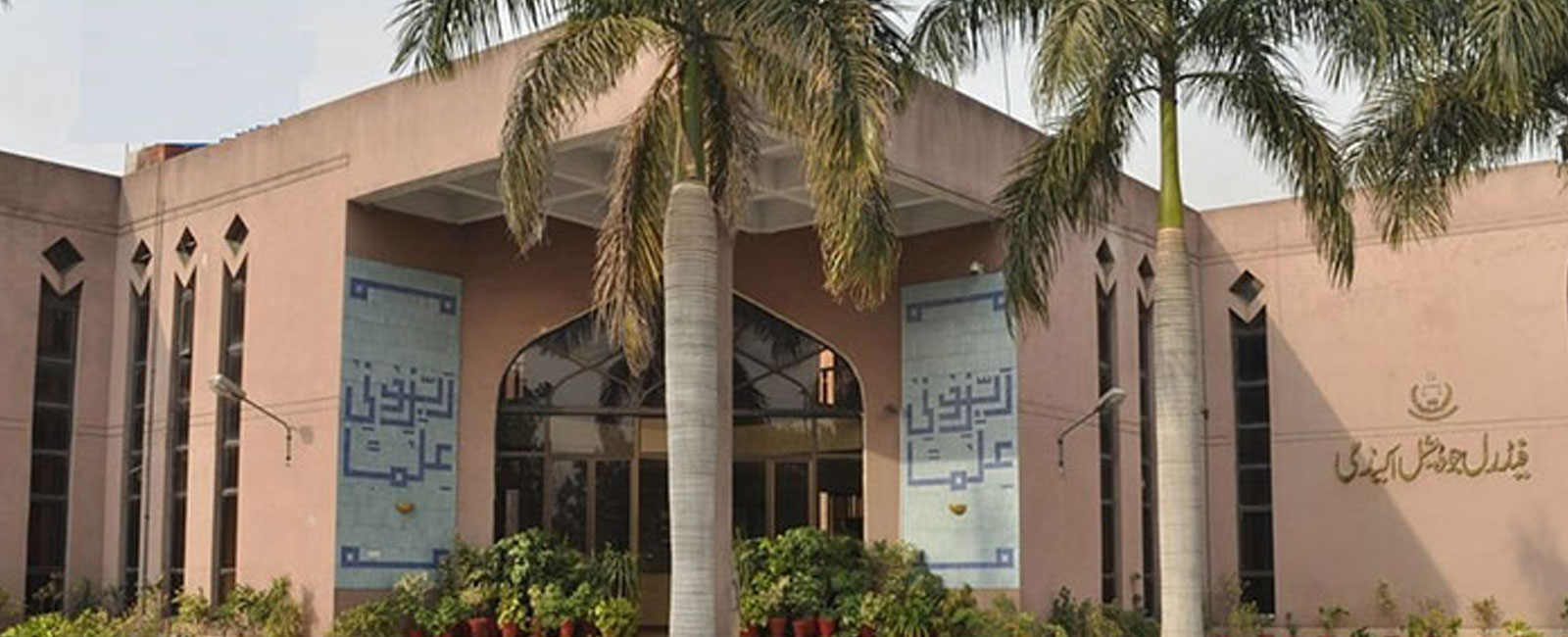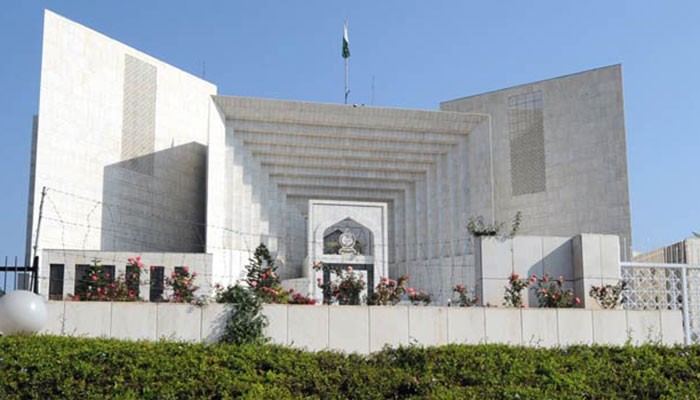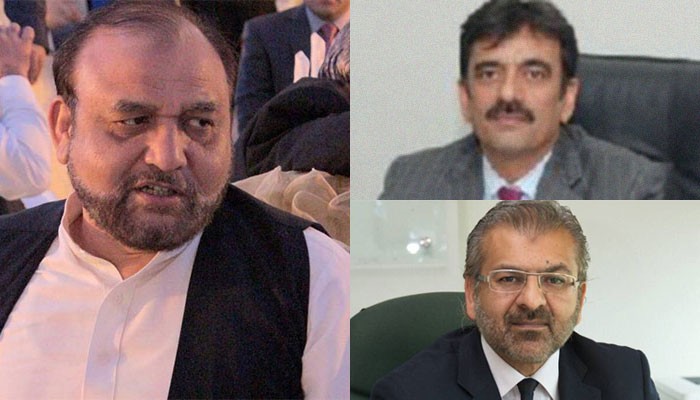Panama JIT: An inquiry like no other
With investigators wrapping up the probe on July 10, Geo.tv reviews the work of the high-profile JIT

The joint investigation team (JIT) formed on May 5 as a consequence of the Supreme Court's judgment in the Panama Papers case could be considered one of the most potent probe bodies ever formed in the country's history.
This was owing to the potentially far-reaching mandate of the JIT: to investigate the case and collect evidence, if any, showing that 'Prime Minister Nawaz Sharif or any of his dependents or benamidars owns, possesses or acquired assets or any interest therein disproportionate to their known means of income'.
The apex court also observed in its April 20 verdict that after the JIT's final probe report is presented, "the matter of disqualification [of Nawaz Sharif] shall be considered".
Even though the original 3-2 judgment was hailed as a victory by the ruling party, the celebrations fizzled out in the course of the next two months as members of the Sharif family — including the prime minister and his heir apparent daughter Maryam Nawaz — were summoned to answer the JIT's queries.
The premier's elder son, Hussain Nawaz, became the most frequented visitor to the JIT secretariat with six appearances in total.
An unwelcome by-product of the proceedings was the dark face of politics rearing its head, with near-daily mudslinging between the ruling party and the Pakistan Tehreek-e-Insaf — the main contender in the case.
The inquiry first turned controversial when the premier's son questioned the impartiality of two JIT members. From thereon, controversy followed the JIT like a shadow with the leaking of Hussain Nawaz's interrogation picture and Senator Nehal Hashmi's tirade to the JIT's allegations against official bodies, including the PM House, of impeding the inquiry.
The JIT submitted its report on July 10 and highlighted the failure of the Sharif family to provide a money trail for its London apartments and claimed the prime minister and his children own assets beyond their known sources of income.
Following the report's submission, the special bench, headed by Justice Ejaz Afzal Khan and comprising Justice Ijazul Ahsan and Justice Sheikh Azmat Saeed, issued notices to the parties to submit their responses.
The special implementation reserved its verdict on July 21 after hearing arguments over the report of the Joint Investigation Team (JIT).
Below is a timeline from the Supreme Court order directing the formation of the JIT till the submission of its final report:







